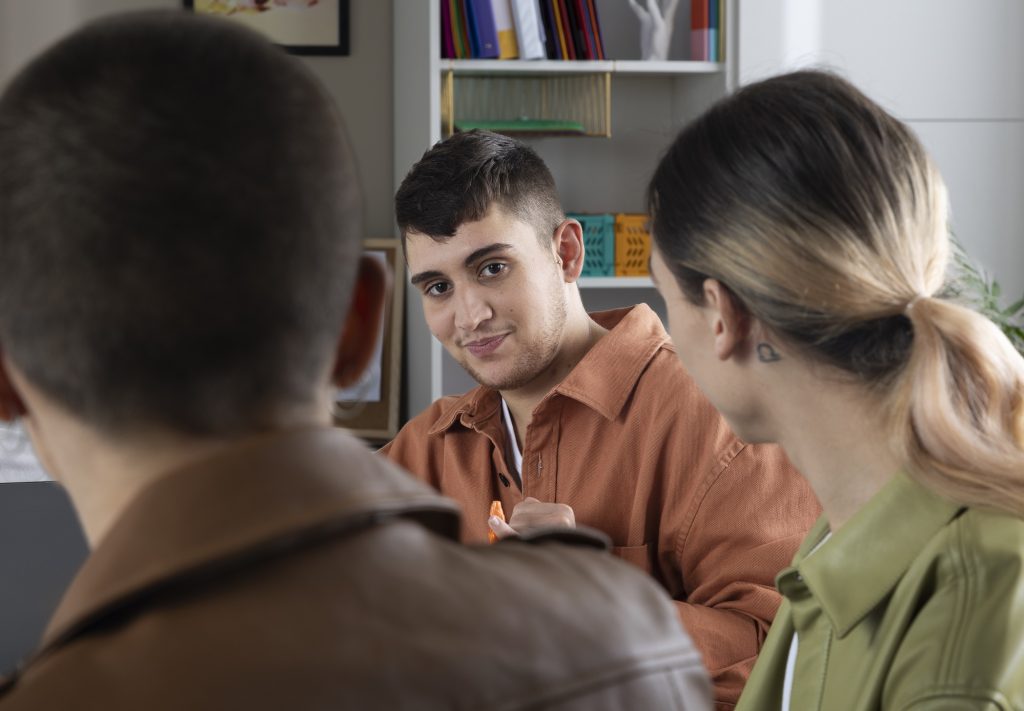Emotional education is of vital importance in minors and young people.
Equipping them with emotional skills and competencies consists of teaching them how to identify, express and regulate their emotions effectively, as well as how to understand the emotions of others. Through emotional education, young people can learn to manage stress, make healthy decisions, and build positive relationships with others.
According to the report published by PROEM, the Interdisciplinary Network for the promotion of Mental Health and Emotional Well-being in Young People “Emotional problems in young people are a public health problem and not only because of the consequences or negative impact they have on the quality of life, well-being and development of the young people themselves, but also because of the socio-economic and health costs that this entails.” “suppose.” However, research on the diagnosis and treatment of these disorders, the promotion of health and emotional well-being, and the prevention of mental disorders still remains insufficient.

Why is emotional education so important?
Emotional education is important because emotions play a fundamental role in people's lives. When young people do not have the skills to manage their emotions, they may experience emotional and mental problems, such as anxiety, depression and stress. They may also have difficulty relating to others, which can negatively affect their social and academic lives. On the contrary, when young people have strong emotional skills, they can experience higher levels of emotional well-being, improve their self-esteem and their ability to handle difficult situations.
What are the most important emotional education programs?
There are several well-known emotional education programs used around the world. One of them is the program «RULER» from Yale, which focuses on teaching students to recognize, understand, regulate, express, and use their emotions effectively. This program has been used in schools around the world and has been shown to improve students' emotional well-being and reduce emotional and behavioral problems.
Another well-known program is the «Emotional Intelligence Program" at the University of Chicago, which focuses on teaching students skills to manage stress, emotions, and relationships. This program has been shown to be effective in improving students' emotional well-being and reducing emotional and behavioral problems.

In Spain, one of the best-known emotional education programs is the «Emotional Education and Creativity Program» by Rafael Bisquerra, which focuses on teaching students to recognize and manage their emotions, improve their self-esteem and develop social skills. This program has been used in many schools in Spain and has been shown to improve students' emotional health and academic performance.
Another program used in Spain is the «Feel and Think» by Josep M. Torelló, which focuses on teaching students to understand their emotions, develop social skills and improve their self-esteem. This program has been used in many schools in Spain and has been shown to improve students' emotional health and academic performance.
In conclusion, emotional education is important for the development of the person, a person with emotional intelligence has confidence in his or her own abilities and maintains satisfactory relationships with others, has high self-esteem, feels motivated to face challenges and has sufficient resources to resolve conflicts.
Teaching children and young people to manage their emotions allows them to increase their perception of control over what happens to them and have a more satisfactory perception of their life.
Learn all the details in our specialization training in Intervention with Minors.




